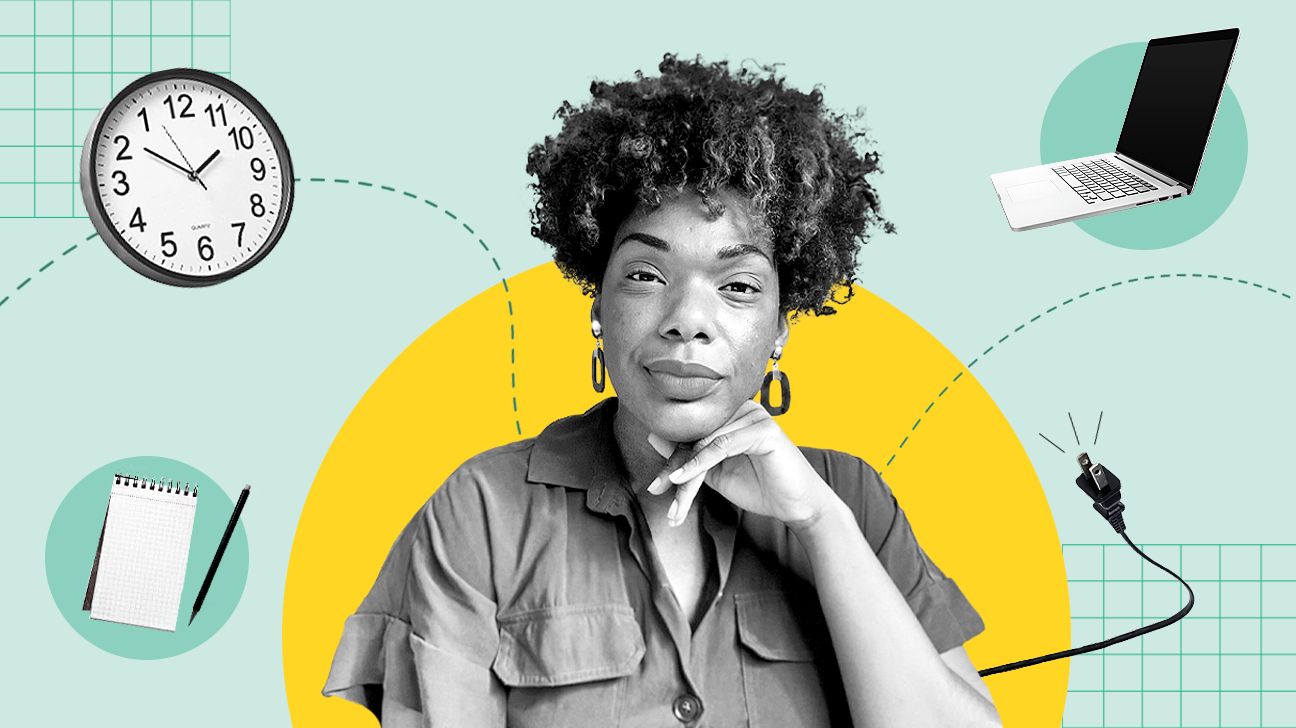You’re here! That means it’s Monday, or it’s feeling like one. Don’t worry Greatist has your back. Subscribe to our newsletter for direct access to Mondays with Minaa, a mental health column by our resident self-care expert, Minaa.

Hi and Happy Monday!
As a Black woman, I am excited to be reveling in Black History Month. It makes me think about the cultural aspect of self-care and how in many ways, traditional healing spaces and rituals can look different for Black, Indigenous, and people of color (BIPOC).
Wellness is often white-centered, which is why those who identify as BIPOC often experience challenges seeing where they fit in with the trendy, mainstream practices that are recommended to us.
I was having a conversation with my mother, and she mentioned wanting to cleanse her house with a sage stick, also known as smudging, which she did back home when she was living in Panama. It reminded me of how ancestral this practice is, yet it has become so mainstream in the wellness community that I wonder if people really understand its roots in Native American and Indigenous culture.
This made me reflect on the ways our ancestors ritualized their self-care routines and what it must feel like to BIPOC, especially Indigenous people, to see their sacred practices being marketed back to them with no connection to its origin and often grouped into white wellness practices.
Dive into your legacy and research the traditional ways your ancestors utilized things like essential oils, sage sticks, plant-based healing, prayer and even astrology. A great resource to start with is listening to this podcast by Therapy for Black Girls on healing through astrology.
For those who are white, I encourage you to use this time to decolonize self-care practices and reflect on these three questions:
- In what ways have I noticed wellness being white-centered, and how can I use my privilege to shift this?
- Who are the healers, teachers and mental health professionals that I learn from? Notice their race, are they usually white women? Or are you learning from a diverse pool of individuals?
- In what ways can I continue to support members of the Black community not just this month, but throughout the year?
I look forward to circling back next week to dive into the topic of intergenerational trauma and how these ancestral practices are not only healing for us, but for our lineage.
With love,
Minaa
